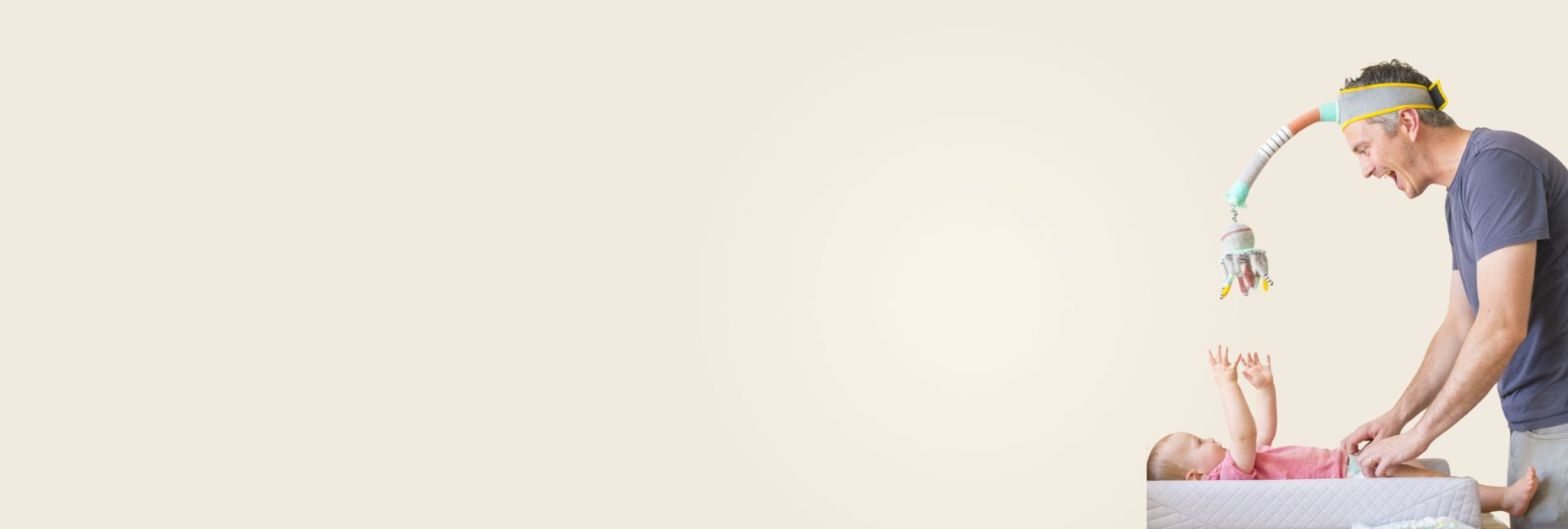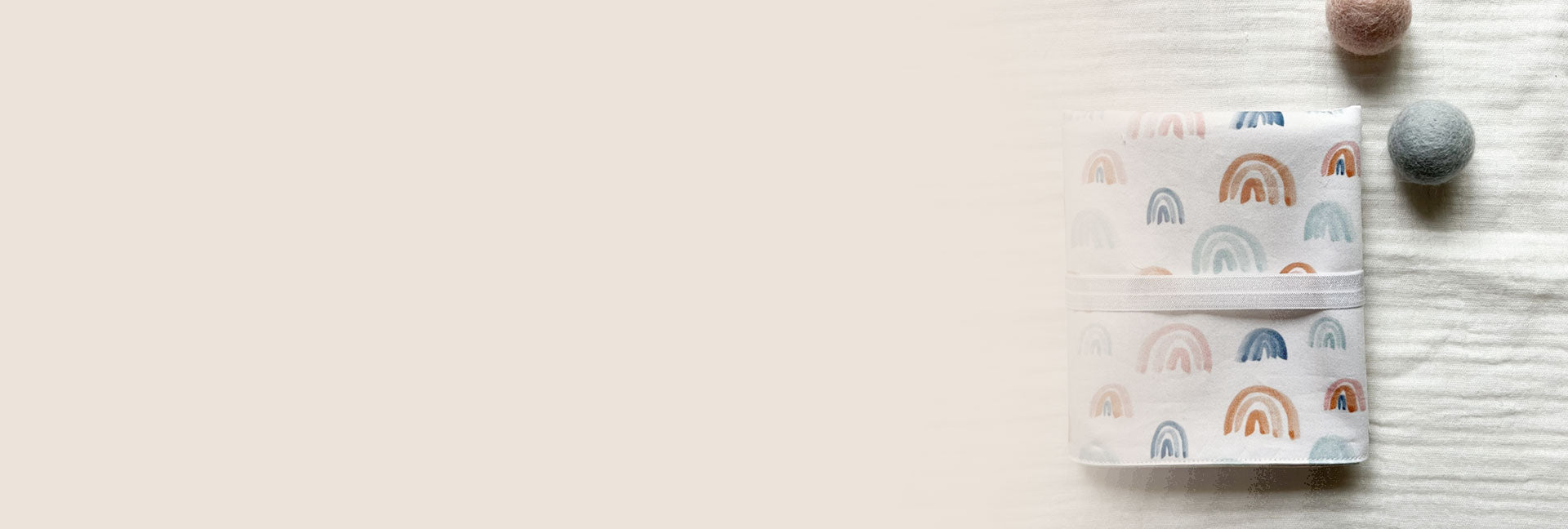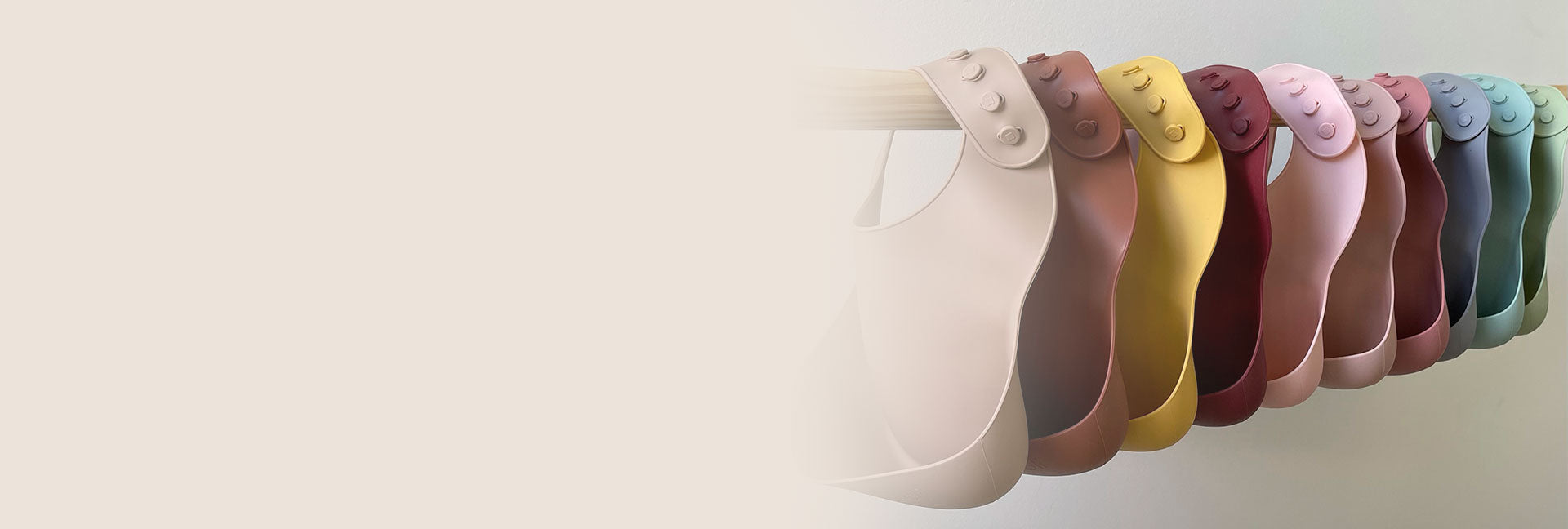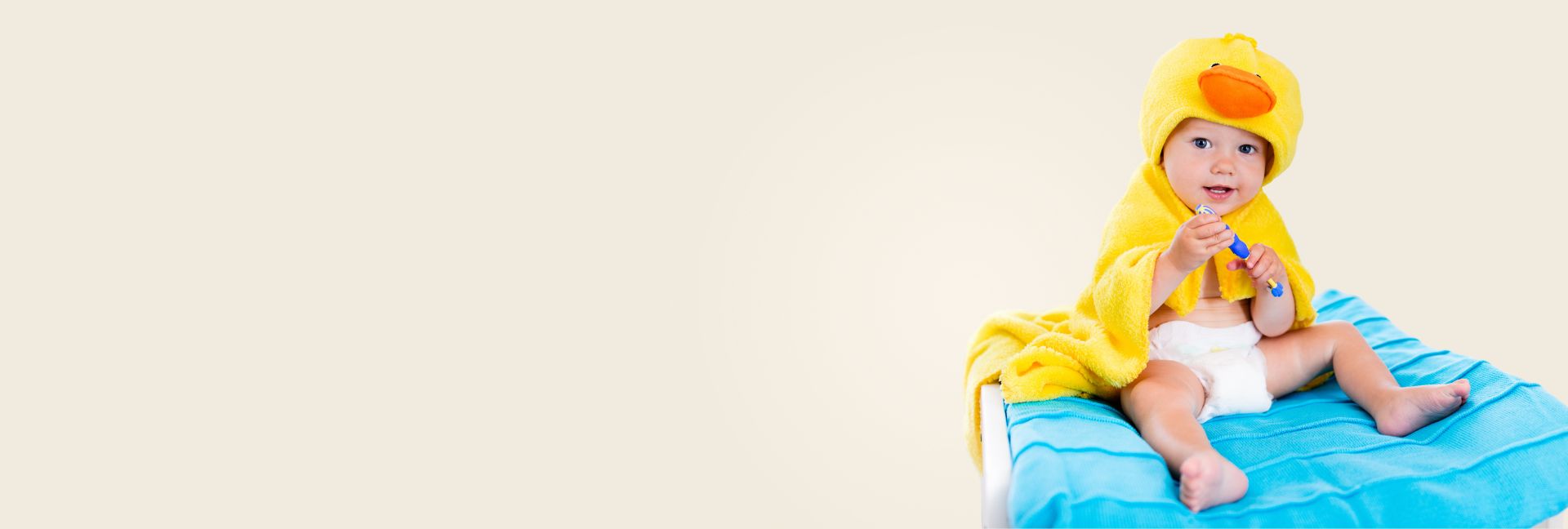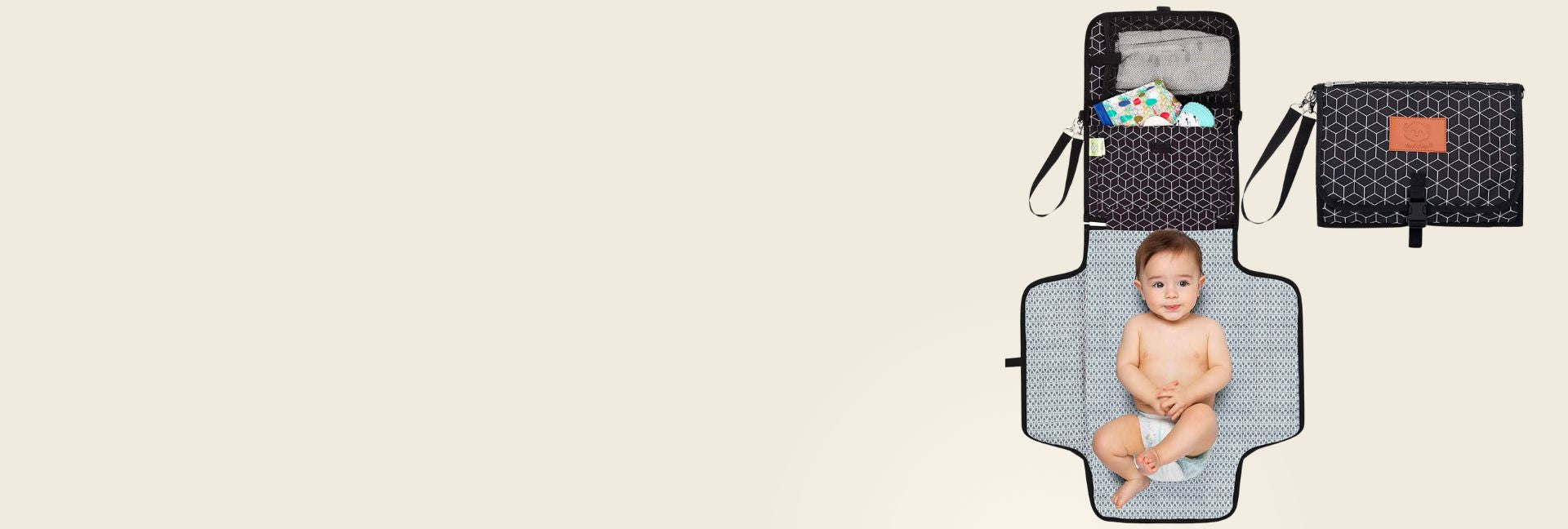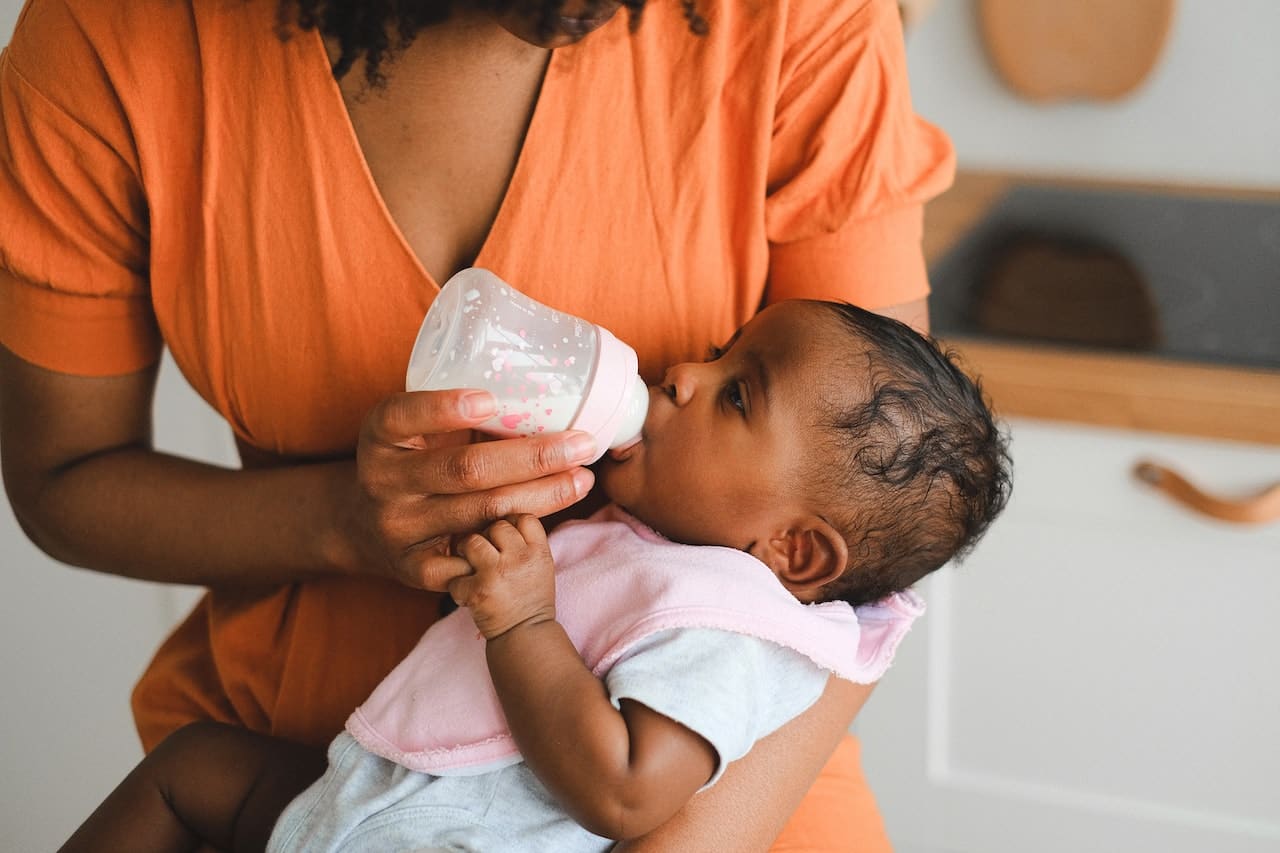

By Stewart Gold
Does Cold Formula Upset Baby's Stomach?
As a new parent you may be wondering if cold formula can upset your baby's stomach. After all, it's important to make sure that your little one is getting the nutrition they need without any potential discomfort.

So, can cold formula upset baby's stomach?
Unless directed otherwise by your medical professional, it is generally safe for babies to consume cool (but not very cold) formula so long as proper preparation precautions are taken.
In fact, some babies may even prefer the taste of cool formula over warm formula.
However, as babies are accustomed to drinking milk at body temperature or warmer, colder formula may be uncomfortable for some babies and may make them uncomfortable or fussy – or cause gas or bloating.
Rather than worry too much about whether colder formula can upset your baby’s stomach, it’s better to educate yourself on the signs of your baby’s discomfort so you can feed your baby according to their own unique needs.
Does Cold Formula Upset Baby’s Stomach?
One of the most common questions parents have when it comes to feeding their little one is whether or not cold formula will upset baby’s stomach.
The answer is: it depends on your baby. Each baby is wonderfully different and while most babies won’t have any issue with cold formula, your baby might …
And that’s perfectly fine!
Rather than worry, here are few things you should keep in mind before giving your baby cold formula:
#1. Make sure the temperature isn’t too low - cold temperatures can cause bacteria growth in infant formulas if they're stored at an unsafe level for too long.
To ensure safety, always check the temperature of any prepared bottles before feeding them to your baby – anything below room temperature (around 68-72°F) should be avoided as much as possible.
#2. Try to avoid refrigerated formulas - refrigerated formulas are usually more expensive than regular powdered or liquid concentrate varieties and can spoil quickly once opened due to bacteria growth from exposure to air and moisture after opening.
If you do choose this option, make sure that you only use what's necessary within 24 hours after opening and discard any leftovers afterwards so that your baby doesn't get sick from consuming spoiled milk products.
#3. Always check expiration dates on containers prior to using them for preparation purposes and discard any outdated items immediately afterwards just in case something goes wrong during preparation time (such as forgetting about a bottle sitting out).

It's important that all ingredients used in preparing your baby's bottle are fresh – expired or spoiled items could potentially contain harmful bacteria which could lead to food poisoning.
#4. Follow proper storage guidelines. Once prepared correctly with fresh ingredients, store bottles containing ready-to-feed formulas in either an insulated cooler bag or refrigerator until needed.
Overall, while it’s generally okay for babies to consume cold formula – following proper storage guidelines along with other tips mentioned above will help ensure optimal safety levels.
Which Formula Temperature Does My Baby Prefer?
Only you and your child’s medical professional truly know what’s best for your baby. Closely monitoring your baby’s reaction to food and liquids is the best way to ensure you are in tune with your baby’s needs.

If you need just a little guidance on how to determine what your baby needs when it comes to baby formula temperature, here are a few helpful tips:
Tip 1: Test both warm and cold options before deciding which one works best for your baby
Try offering both warmed and chilled bottles so that you can see which temperature works better for your own baby – some babies prefer colder liquids while others like things warmer.
Once you know what they like best, stick with that option moving forward as consistency is key when feeding infants!
Tip 2: Consider warming up the formula before giving it to your baby
While some babies are fine with drinking cold formula, others may find it easier (and more comfortable) if you warm up the bottle first by running hot water over it or using a bottle warmer specifically designed for this purpose.
Warming up the milk will make it easier for your little one to digest and swallow without discomfort from drinking something too much cold formula at once.
Tip 3: Monitor how often they get an upset tummy after consuming either type of liquid
If you notice that they seem uncomfortable after having a certain type of liquid (cold or warm), then switch back until their digestive system adjusts accordingly. This could take anywhere from a few days up to several weeks depending on each individual baby so patience is key here as well!
By following these steps closely, new parents should feel confident in knowing how cold formula affects their little ones' tummies - allowing them to make informed decisions about what temperature of liquid will work best for their children going forward!
How Can I Warm Up Baby's Bottle?
Here are some simple steps to help you warm up your baby's bottle quickly and easily:
Step1: Start by Filling a Bowl with Hot Tap Water From the Sink or Faucet.
Make sure that the water isn't too hot – you don’t want you or your baby to get burned if it spills!
Step 2: Place the Sealed Bottle of Formula Into the Bowl of Hot Water and Let It Sit Until It Reaches Room Temperature (About 15 Minutes)
The biggest thing here is to leave yourself time before feeding to cool down the formula.

Step 3 (*CRITICAL*): Test out the Temperature Before Giving To Your Baby
Pour a few drops from the bottle onto the inside of your wrist – just like when testing bathwater! It should feel comfortably warm against skin but not overly hot or cold.
Step 4: Once at an Appropriate Temperature, Shake Well Before Feeding Time
Following these easy steps will ensure that you can provide a safe and comfortable feed for your precious bundle every time!
Frequently Asked Questions About Cold Baby Formula
If you want some quick fire answers to find out if cold formula will upset baby’s stomach, here you go!
What happens if you give a baby cold formula?
Most often, nothing will happen if you give your baby cold formula. Your baby may not like the feeling or taste, but if prepared properly, most baby’s will be fine with cold formula.

It is important to remember that each baby will have different preferences when it comes to feeding time, so you should experiment with temperatures until you find what works best for your little one.
Is warm formula easier for baby to digest?
It depends on the individual baby and their digestive system. Generally speaking, cold formula can upset a baby's stomach because it may be harder for them to digest due to its temperature.
However, some babies may find cold formula easier to digest than warm formula.
When introducing new formulas or foods into your baby’s diet, it is best to start with lukewarm temperatures and gradually increase or decrease the temperature based on how well they tolerate it.
If you are concerned that your baby's stomach might be upset by cold formula, try warming up the bottle slightly before feeding them.
Additionally, if your baby has difficulty digesting either warm or cold formula, consult with a pediatrician who can provide advice tailored specifically for your child's needs.
What happens if my baby’s formula is too cold?
When a baby drinks very cold formula, it can cause an upset stomach. The sudden change in temperature can be uncomfortable for the baby and may lead to discomfort.
Additionally, drinking cold formula too quickly can also cause air bubbles to form in the baby's stomach which can further contribute to an upset stomach.

To avoid this issue, parents should always warm up their baby's formula before feeding them by either using a bottle warmer or running hot water over the bottle until it reaches room temperature.
This will ensure that your little one is comfortable while they feed and help prevent any potential digestive issues from arising due to consuming cold milk.
Final Thoughts on Cold Formula and Your Baby
Like every other decision you make as a new parent, it is important to consider the temperature of formula when feeding your baby. You want your baby not only to be safe, but comfortable, during the many feeds he/she will have throughout their first years.
Our advice?
It’s best to closely observe you own baby and see how he/she react to different temperature formula. Remember - what may be right for your friend’s baby, may not be right for your baby. Don’t let the judgement of other parents affect your own decisions!
A good idea is to test both warm and cool options before deciding which one works best for your baby. Try offering both warmed and room temperature bottles so that you can see which temperature works better baby – you may be surprised to find what your baby prefers.
Once you know what they like best, stick with that option and be confident that you are doing what’s right for your baby!
___________________________
Want some more new parenting tips? Check out our articles on First Time Mom Must Haves for Baby, get the inside scoop on Game Changing Diaper Changing Toys, or find out How To Promote My Baby Registry.
